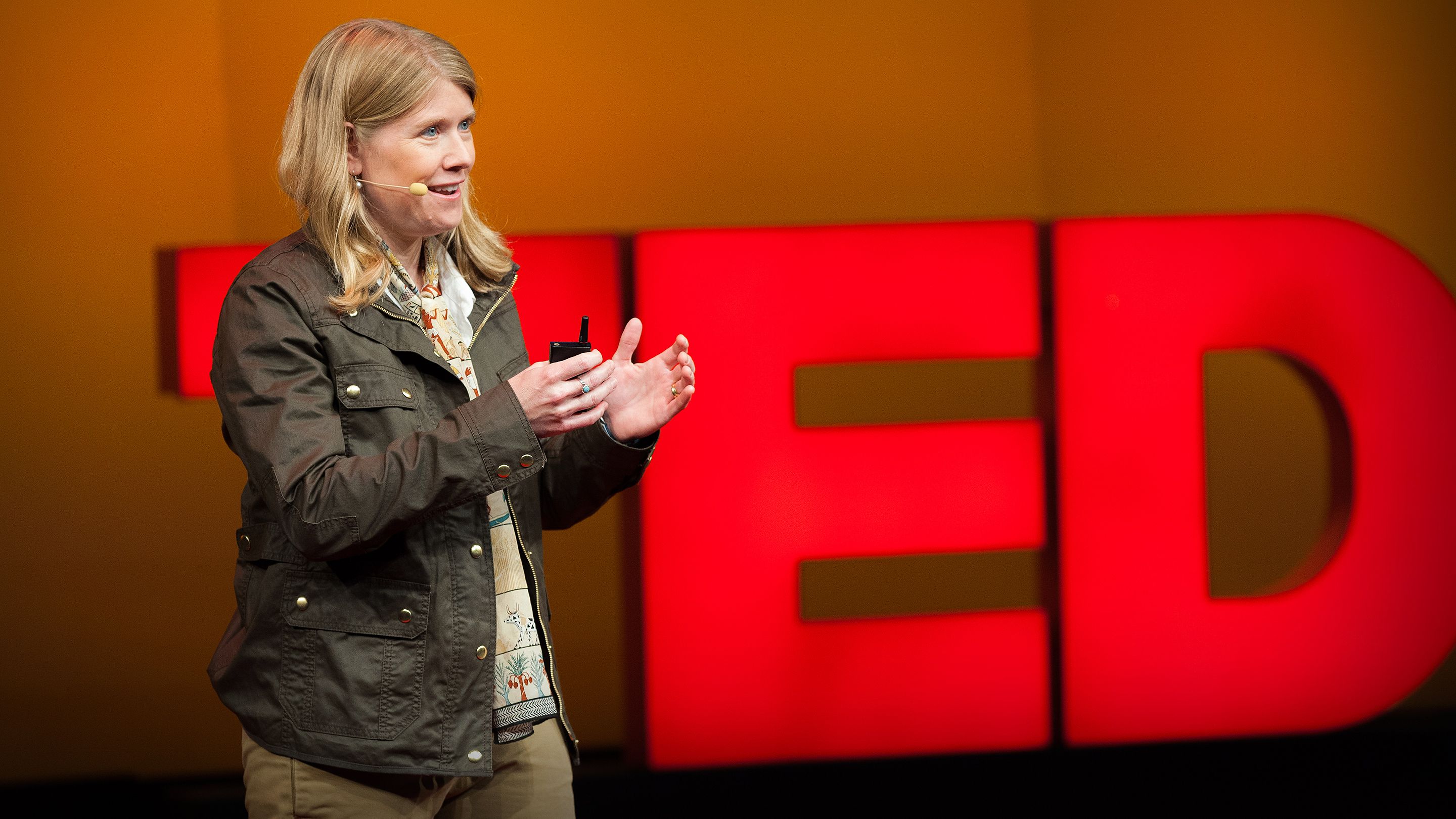Archaeology from space
1,289,808 views |
Sarah Parcak |
TED2012
• March 2012
In this short talk, TED Fellow Sarah Parcak introduces the field of "space archaeology" -- using satellite images to search for clues to the lost sites of past civilizations.
